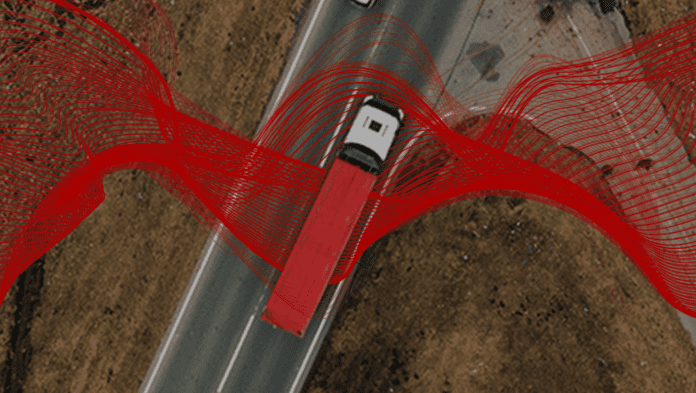If you miss the boat on IoT, you will miss the boat on business. That was the message from adopters of new IoT technologies, according to a Vodafone poll of enterprises in 13 markets. About three quarters (73 percent) of respondents reckon organisations that fail to embrace IoT will fall behind within five years.
The UK-based carrier’s business division quizzed 1,639 businesses for its 2020 IoT Spotlight report, to gauge how they are using IoT technologies already, and how they plan to use them in the future, as their “digital capabilities are put to the test by the Covid-19 pandemic”.
The survey placed businesses into either ‘adopter’ and ‘considerer’ categories. Japan, India, and the US registered the highest proportion of adopters among national respondents, with 67.7 percent, 66.4 percent, and 60.2 percent, respectively, claiming to be somewhere down the road with IoT.
China and Ireland ranked lowest, with 41.8 percent and 47 percent, respectively, of enterprise respondents categorising as adopters. Overall, 55.8 percent of enterprises in the survey reckon their employers are actively engaged in deploying IoT technologies. European were fairly consistent, with Germany (52 percent) and Italy (55 percent) at opposite ends in terms of rate of adoption, and the other big European nations in between.
But, generally, Vodafone said the Covid-19 pandemic has forced “almost all businesses” to change their working practices and priorities in a matter of weeks. Among adopters, the tide of opinion is consistent among about three quarters; 77 percent of adopters have increased the pace of IoT projects during this time, and 84 percent said IoT is key to maintaining business continuity during the pandemic.
The same majority (84 percent) view the integration of IoT devices with workers as a higher priority. Perhaps most significantly, almost all adopters (95 percent) content they have achieved a return on their IoT investments, and 55 percent have seen operating costs decrease by an average of at least 21 percent.
Other benefits of IoT deployments include higher staff productivity (49 percent) and a better customer experience (59 percent); decision making (59 percent) and brand new business capabilities (84 percent) are cited as advantages too. In total, 87 percent said their core business strategy has changed for the better with IoT.
Interestingly, cybersecurity, the traditional blocker for digital change, appears to be of less concern. Only 18 percent of businesses see it as one of the top-three barriers to IoT adoption.
Erik Brenneis, director of IoT at Vodafone Business, said: “IoT has grown up. It’s no longer just about increasing return on investment or providing cost savings to businesses: it’s changing the way they think and operate. And it’s giving them an opportunity to re-design their operations and future-proof their business model. This research proves IoT is an essential technology for businesses that want to be resilient, more flexible and quicker to adapt and react to change.”

